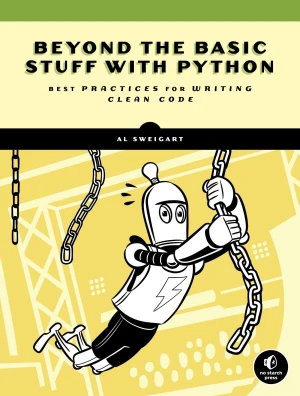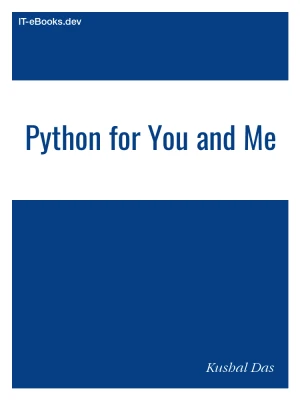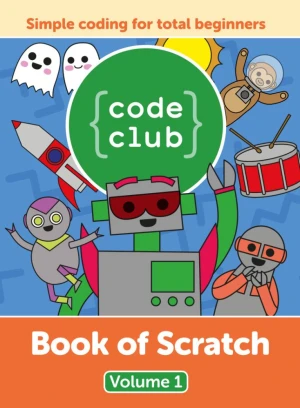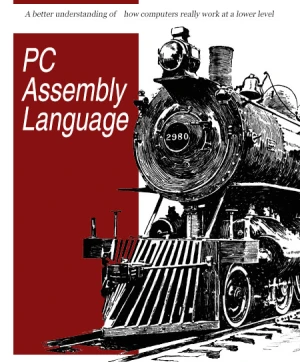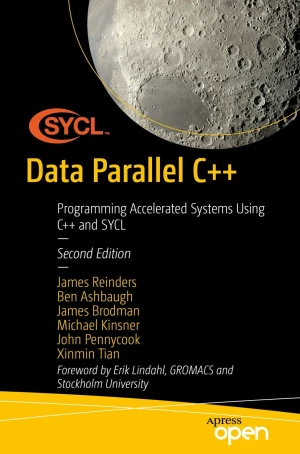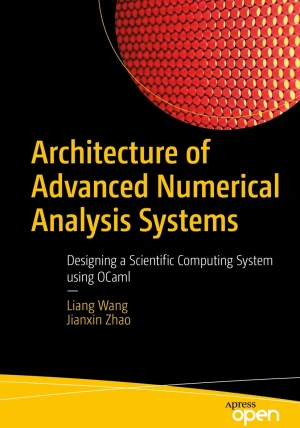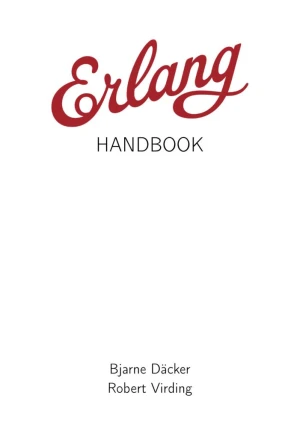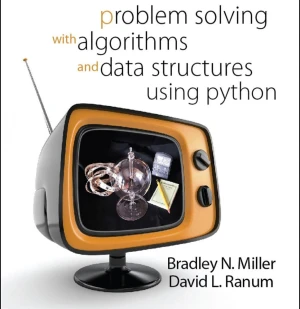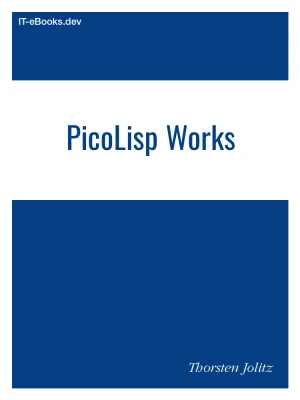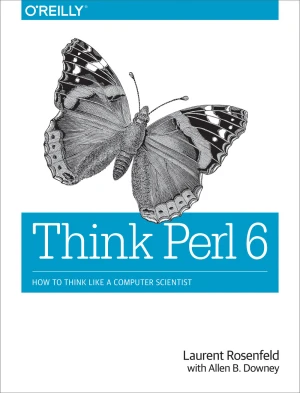Programming Books
Beyond the Basic Stuff with Python
You've completed a basic Python programming tutorial or finished Al Sweigart's best selling Automate the Boring Stuff with Python. What's the next step toward becoming a capable, confident software developer? Welcome to Beyond the Basic Stuff with Python. More than a mere collection of advanced syntax and masterful tips for writing clean code, this
Python for You and Me
This is a simple open book to learn Python programming language, it is for the programmers who are new to Python. Python is an interpreted, high-level and general-purpose programming language. Python consistently ranks as one of the most popular programming languages. Large organizations that use Python include Wikipedia, Google, Yahoo, CERN, NASA,
Code Club Book of Scratch
The first ever Code Club book is here! With it, you'll learn how to code using Scratch, the block-based programming language. In each chapter you'll find instructions to build cool games, animations, and interactive stories. Your friendly robot guide will aid you step-by-step through each project and give you handy tips along the way. - Learn to co
PC Assembly Language
The book provides extensive coverage of interfacing assembly and C code, making it of potential interest to C programmers seeking to understand how C operates at a lower level. All examples utilize the free NASM (Netwide) assembler. The tutorial focuses exclusively on programming for 32-bit protected mode and requires a 32-bit protected mode compil
Data Parallel C++, 2nd Edition
Learn how to accelerate C++ programs using data parallelism and SYCL. This open access book enables C++ programmers to be at the forefront of this exciting and important development that is helping to push computing to new levels. This updated second edition is full of practical advice, detailed explanations, and code examples to illustrate key top
Architecture of Advanced Numerical Analysis Systems
This unique open access book applies the functional OCaml programming language to numerical or computational weighted data science, engineering, and scientific applications. This book is based on the authors' first-hand experience building and maintaining Owl, an OCaml-based numerical computing library. You'll first learn the various components in
Erlang Handbook
Erlang is the result of a project at Ericsson's Computer Science Laboratory to improve the programming of telecommunication applications. A critical requirement was supporting the characteristics of such applications, that include: massive concurrency, fault-tolerance, isolation, dynamic code upgrading at runtime, transactions. Throughout the whole
Problem Solving with Algorithms and Data Structures, 3rd Edition
The study of algorithms and data structures is central to understanding what computer science is all about. Learning computer science is not unlike learning any other type of difficult subject matter. The only way to be successful is through deliberate and incremental exposure to the fundamental ideas. A beginning computer scientist needs practice
PicoLisp Works
PicoLisp Works is a compilation of (almost) all available information about the technological gem PicoLisp - a programming language and environment that definitely deserves wider attention. Built on the unique characteristics of Lisp (almost no syntax, code is equivalent to data), PicoLisp combines powerful abstractions with simplicity and purity.
Think Raku (Think Perl 6), 2nd Edition
The title of this book was originally Think Perl 6, but since Perl 6 has been renamed Raku, we have also changed the title of the book. Want to learn how to program and think like a computer scientist? This practical guide gets you started on your programming journey with the help of Raku (Perl 6), the younger sister of the popular Perl programming

